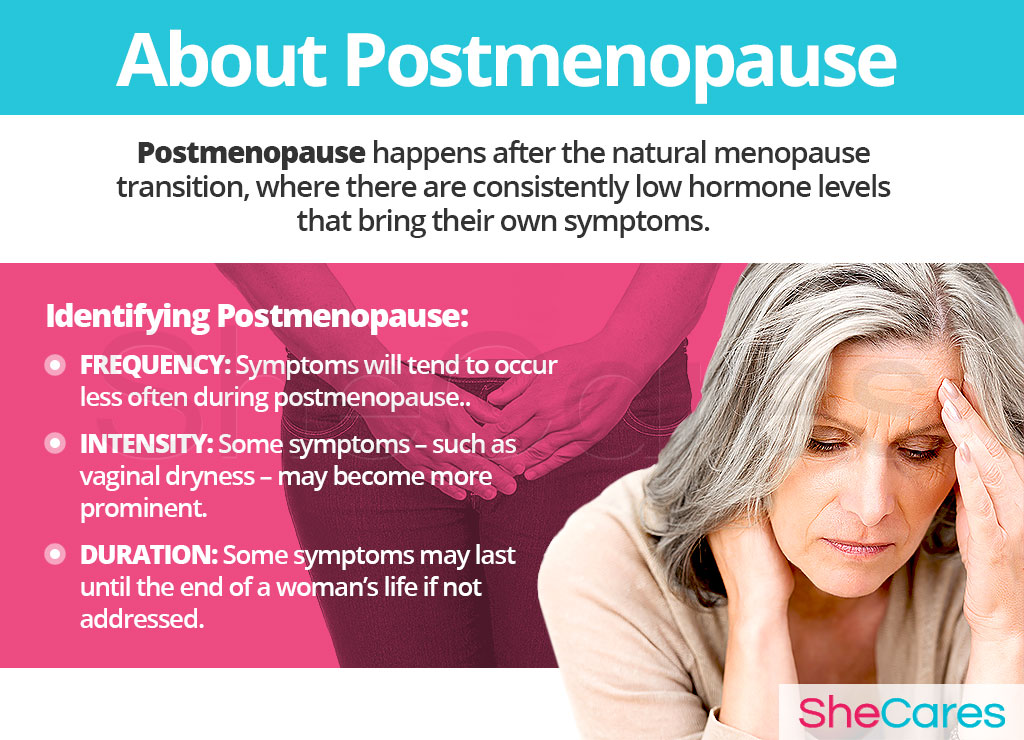Notice: Trying to access array offset on value of type null in /srv/pobeda.altspu.ru/wp-content/plugins/wp-recall/functions/frontend.php on line 698
Menopause is a natural transition in the course of life that affects all age groups. The symptoms and timing vary from woman to female.
Menopausal symptoms include changes in your menstrual cycle, hot flushes, sleep problems mood swings, and sleep issues. Talking to your doctor is a great method to comprehend your symptoms and discover relief.
Changes in your period
The changes in your period are a normal part of the perimenopausal phase (the time before menopause). As your body is preparing to make the transition to menopausal, it might feel different.
Your period starts when your eggs (ovulate) are released by your ovaries. It travels through your fallopian tube to your uterus, where it matures.
Once you have the ovulation cycle, your body produces two female hormones that are important to women such as progesterone and estrogen. These hormones are responsible for things like mucus production in the cervical area, acidity levels in the vagina and the breast milk cells.
During perimenopause, your ovaries produce less estrogen. This can result in changes in your menstrual cycles, such as shorter menstrual cycles and fewer days of spotting.
This can be a bit confusing. If you experience periods that are shorter, heavier or lighter than normal, it’s likely perimenopause has started. If you experience bleeding or spots after your period has ended, it is a good idea for you to seek out your physician. It could be a sign of a serious condition, such as the uterine fibroid tumor.
Hot flashes
Hot flashes are a frequent indication of menopausal symptoms. These brief and sudden increases in your body temperature are typically felt in the neck, face, chest, and shoulders.
Hot flashes can affect 75% of women who go through menopause. The intensity and frequency of these flashes can vary between women.
Hot flashes are a common problem for women. They are more sensitive during warm temperatures and in a heated room. These flashes can be extremely uncomfortable and are often followed by sweating and an increased heart rate.
There are a variety of treatments that can reduce the frequency and severity of flashes. These include hormone therapy, peri menapause help certain antidepressants, such as fluoxetine (Prozac), venlafaxine(Effexor) and paroxetine (Paxil) and many others.
Phytoestrogens, like soy isoflavones, can aid in reducing hot flashes, without side effects. More research is needed to verify their safety and effectiveness.
Insomnia
During menopause, women can be afflicted by a variety of symptoms. These include hot flashes, mood swings, fatigue, and difficulty sleeping.
one a day menapause year after their last period, a majority of women go through menopausal symptoms. This is called perimenopause. This time period is part of a lifelong shift in the balance between estrogen and progesterone, which can cause sleep issues before menopause actually sets in.
Insomnia is a typical adverse effect of some medications, such as antidepressants. Consult your doctor in the event that you are taking antidepressants.
To get a good night’s rest it is essential to establish a routine. Avoid sleeping during the day, and make a habit of sleeping at night and getting up at the same time every day.
Depression
In menopausal times, women may experience depression due to hormone changes. This may occur during the menopausal first stage called perimenopause or after you have stopped having menstrual periods (postmenopause).
Depression happens when your mood is depressed and it is affecting your daily routine. It can be a long-term condition that lasts for months or even weeks and is generally a serious condition that requires treatment.
If you have symptoms of depression during your menopausal cycle or if you know is suffering from depression you can call 111. You can also get assistance from the Samaritans by calling the 116 123 number or 988 Suicide and Crisis Lifeline.
Hormone therapy is a method to regulate hormone levels and reduce symptoms like hot flashes or sleep disturbances. To treat depression during menopause doctors usually prescribe selective serotonin receptor antagonists and other antidepressants.
Depression is more prevalent among women than in men, especially during reproductive milestones, such as the birth of a child and perimenopausal symptoms. It is also more common in those who smoke and who have other unhealthy lifestyles.
